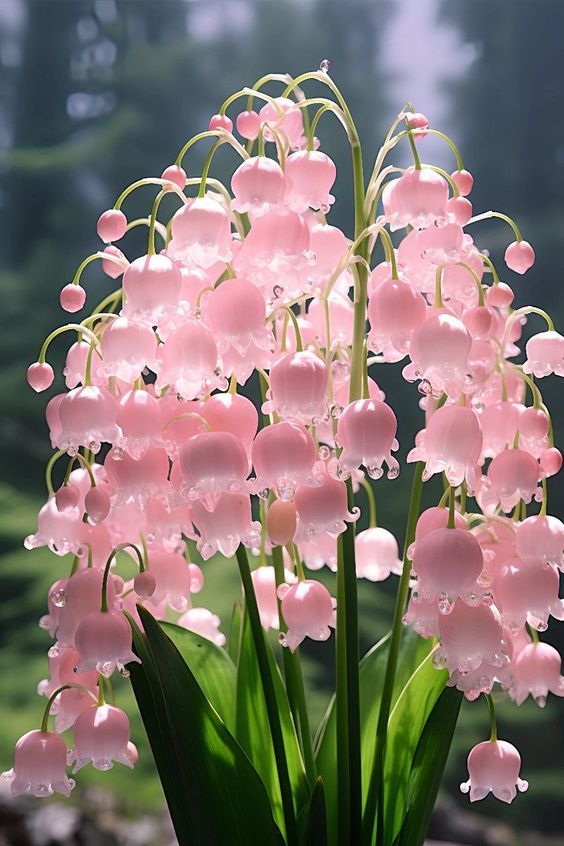Quantum biology:The Bright Future of Flower
Quantum biology is an interesting field of study that is growing in popular to explain how plants use quantum principles to optimise processes like photosynthesis. This article explores how the smallest particles in plants have the power to fundamentally alter our understanding of energy and life. It looks into the fascinating field of quantum flowers.
The Basics: What is Quantum Biology?
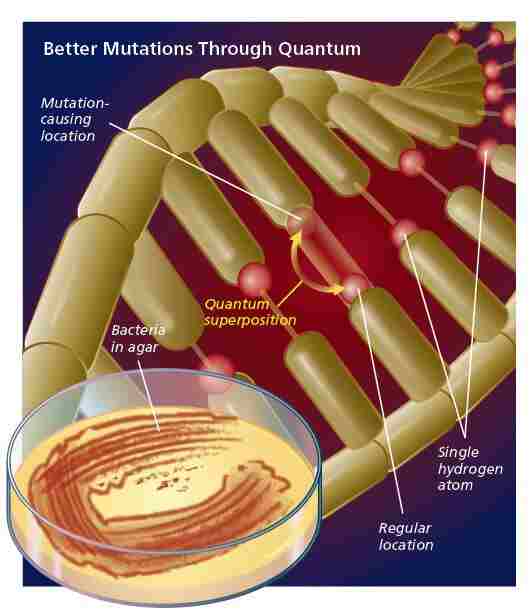
Quantum biology is the study of quantum phenomena (the behaviour and properties of atomic and subatomic matter) and their possible effects on biological systems.Although physics is usually the domain of these concepts, new studies indicate that they are also essential to life processes such as DNA mutation, enzyme reactions, and most importantly, photosynthesis.Must read
Some particles like photons and electrons which are studied in quantum physics are capable of being in numerous locations at once; this phenomenon is referred to as “superposition.” Also, these particles have the ability to be “entangled” which means that modifications to one particle instantly influence its pair, regardless of how far away they are. These characteristics may enable plants to absorb and transform light with extraordinary efficiency.
Photosynthesis: A Quantum Miracle
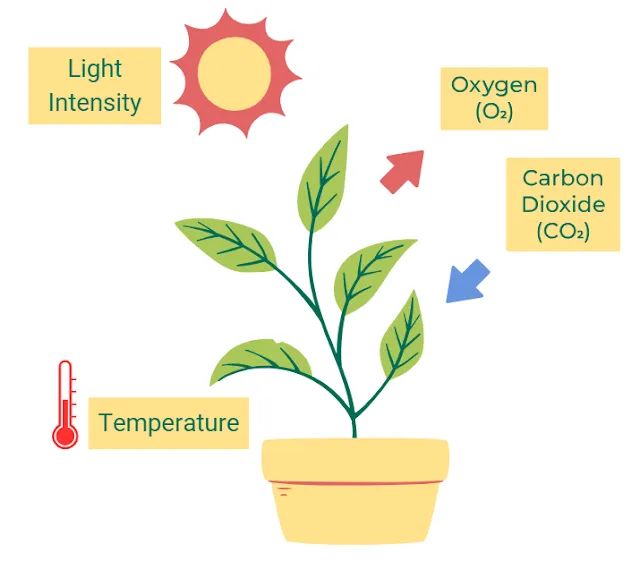
Like all other plants flowers also depend on photosynthesis to turn sunlight into chemical energy. This method has interested from many years of scientists because of its near-perfect efficiency. Plants obtain light photons and turn them into energy in their cells, but they do so with amazing efficiency that classical physics cannot fully explain.
Plants may use quantum resonance during photosynthesis, according to recent research. The particles like electrons can travel along multiple paths at once due to quantum unity, and plants are able to select the most effective path for energy transfer because of this flexibility. In layman’s terms, flowers may use quantum physics to maximise energy capture from sunlight, allowing them to thrive in low-light environments. This effectiveness can be crucial..
Quantum Tunneling in Plant Enzymes
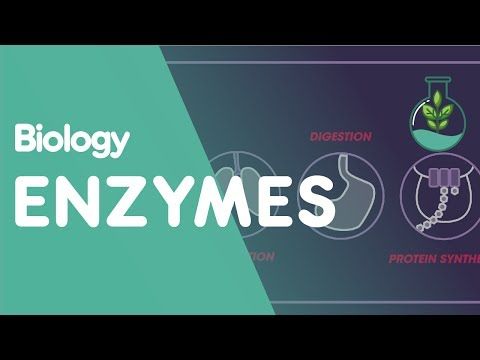
Another phenomenon associated with subatomic particles is quantum tunnelling, which occurs when a particle goes through what appears to be an unbreakable barrier. According to current research, this concept may work at the molecular level in plants, specifically in enzymes involved in floral metabolism. This tunnelling allows for quicker and more efficient responses, even in situations when such processes would often slow down. In the case of flowers, this could result in quicker development, more stronger blooms, and better environmental adaptation.
For example, the enzymes who regulate plant growth with use of quantum tunnels to speed up required reactions, speeding the blooming of flowers. The concept might change agriculture by facilitating the creation of stronger, more swiftly growing plants that endure stress.
Quantum Entanglement in Pollination
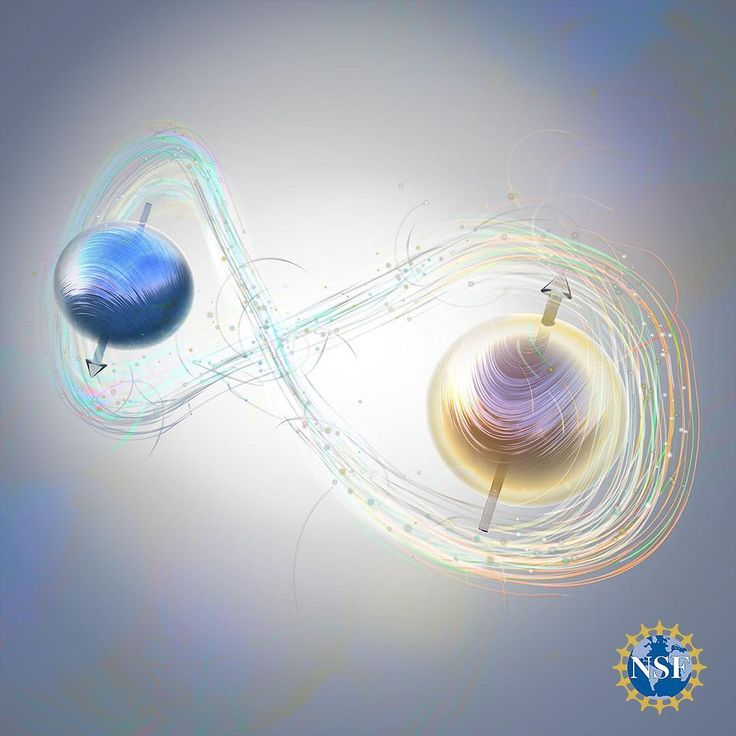
Pollination is one of the most important processes in plant reproduction that may also have a quantum component. Pollination mechanics are well explained by classical biology but quantum entanglement may have a covert function. According to recent research of flowers that flowers is ability to communicate with pollinators like bees and butterflies may be impacted by coupled particles. If this implement verified this quantum communication could aid flowers in maximising their ability to reproduce by more successfully drawing in the appropriate pollinators at the ideal moment.
If this promise is realised, it could offer valuable insights into plant reproductive tactics and ecosystems, and it might even help save endangered plant species.
What Does This Mean for the Future?
The research of quantum biology in flowers is still in its early stages, but the possibilities are extensive. Scientists can create fresh opportunities in environmental science, energy production, agriculture, and other industries by learning how flowers and other plants use quantum physics.
- Agricultural Advancements: As scientists get a greater understanding of the quantum principles that drive photosynthesis, we may see the production of crops with unmatched energy efficiency. This could result in plants that can survive in arid soil, dimly lit spaces, or harsh climates; this would help with food shortages and lessen the need for toxic pesticides and fertilisers.
- Green Energy Revolution: Echnological advances in solar energy may result from imitating the quantum efficiency of photosynthesis. Imagine solar panels that are as effective in capturing energy as flowers are; they would completely change how we generate electricity.
- Conservation and Restoration: It may be simpler to cultivate species at risk and repair harmed ecosystems if plant development can be controlled at the quantum level. In fractured ecosystems, pollination methods could be improved to guarantee improved reproductive success.
Obstacles and Future
The application of quantum physics to biology is a challenging and developing field, despite its potential. It is well known that controlling and observing quantum effects is extremely challenging, particularly in living things. Like all plants, flowers are a component of extremely complex systems in which development and energy use are influenced by a myriad of elements. For researchers, isolating quantum effects in complex systems presents formidable obstacles.
Furthermore, there is still a long way to go before quantum computers and other technologies that take advantage of quantum physics are incorporated into routine agricultural activities.
Conclusion:
The quantum universe may appear distant from the colourful petals in your garden, but as science bridges the gap between quantum physics and biology, flowers may hold the secret to some of the most groundbreaking advances in energy, agriculture, and technology.
In the future, quantum flowers may not just be symbols of beauty and fragrance; they may also lead humanity to new solutions in technology, agriculture, and ecology, this may altering our world one petal at a time.




